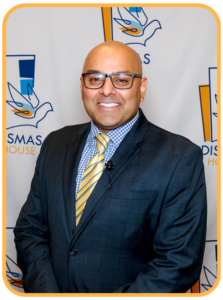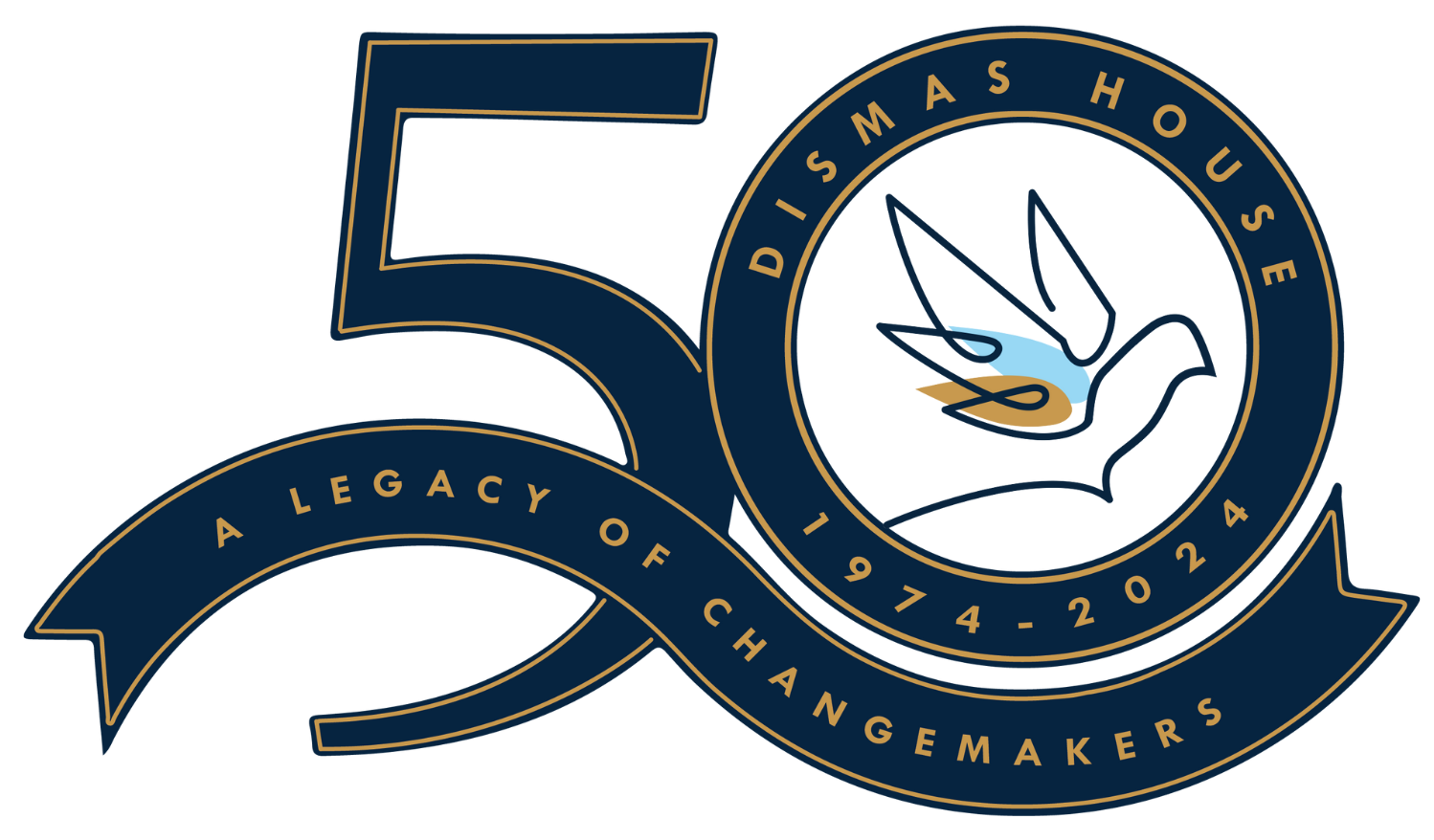Meet the Former Resident: Brij
October 11, 2023
Born in London, England, Brij relocated with his parents and sister to Nashville at age 12. Guided by a family characterized by strong work ethics and integrity, he was highly motivated as a young adult to achieve success. Brij attended the University of Tennessee and obtained a degree in Accounting and Finance. He then pursued a prosperous career in hospitality management and investment banking, with stints in Los Angeles, Austin, Chicago, and New York City.
His career brought him full circle when he moved back to Nashville in 2013. But soon after, Brij’s journey took a sharp turn. “Unfortunately, I made a mistake, and it was a costly mistake that I regret and wish I had done differently. As a result, I served 37 months at Bledsoe County Correctional Complex.”

“Finding myself incarcerated was a low unlike any other. It wasn’t the way things were supposed to go. I had worked hard, but I made choices that didn’t reflect my character. I found myself starting over.”
“While I was in prison, I heard a presentation from Dismas House’s Admissions Manager about their reentry program. She talked about the impact on people’s lives and Dismas House’s goal to reduce recidivism rates. It really opened my eyes.”
Leaving incarceration, Brij faced the numerous barriers of reentering society, topped by the possibility of isolation. He was grateful to have the support of his parents but noted that many others weren’t sure of the person he had become. “My decisions let a lot of people down, but on this path, I met a lot of people who saw through that.”
Where Dignity Begins
Brij became a resident of Dismas House and found a stable foundation when the burden of broken relationships weighed heavily. “I vividly remember arriving on campus. It was Thursday, July 22nd, 2021 at 7:56 pm. I’ll never forget it. When I walked into my room that night, there was a welcome package on my bed with clothes, snacks, bottled water, and a nice card welcoming me. I realized I had found more than a reentry program but an unwavering support system. One that sees each individual for more than their past.”
“I was set up for success from the moment I arrived. More than having basic needs met there, I was met with dignity. I was provided structure from all sides – the opportunity for a proper restart.”

“Every aspect of the program was more than what meets the eye. Community dinners were more than a meal. The fellowship helped me foster genuine connections with other residents, neighbors, and staff – reminding me that I was never alone. When I had limited funds, Dismas House provided me with transportation, which was more than a means for my work commute. This helped me save to purchase my own vehicle without added stress. The roof over my head was more than shelter. It was a home housing a family who cared about my potential. It was a classroom with the tools to rediscover my personal values.”
“Dismas House’s partnerships furthered my progress. While securing an apartment with a background is a challenge, their connections helped me obtain my own lease. Their partnerships also re-connected me to TRICOR, who employed me as a computer clerk while I was incarcerated. This connection was the path to the meaningful career I have there now.”
One Year Later
This month marks one year since Brij moved from campus, and he couldn’t be more optimistic for the future. He continues growing in his career, working on fulfilling side projects, and saving to become a homeowner. “I can’t wait for what the future holds, but I also don’t take a single day for granted.”
Last week, Brij told his story to 500 guests at the annual Forgiveness Luncheon, marking another full-circle moment in his life and reflecting the impact of a supportive community.

Understanding the power of this support, Brij enjoys giving back to repay what was given to him. Alongside other former residents, he hosts regular community dinners at Dismas House. “This is a meaningful way to link arms with those who are in the shoes I was in not long ago. My goal is to help current residents stay motivated and see that permanent change for the better is possible. When it comes to recidivism, just because someone has done something negative before, they don’t have to do it again. That’s not the case for me, and it doesn’t have to be for these men.”
“Not everyone has a support system in their lives of family and friends. Dismas House is that for so many people. And that support has an impact on our entire community. When we destigmatize incarceration and help break barriers for these men reentering society, there are huge ripple effects that spread across entire cities. I appreciate the supporters who helped re-write my story and want to help others do the same.”
